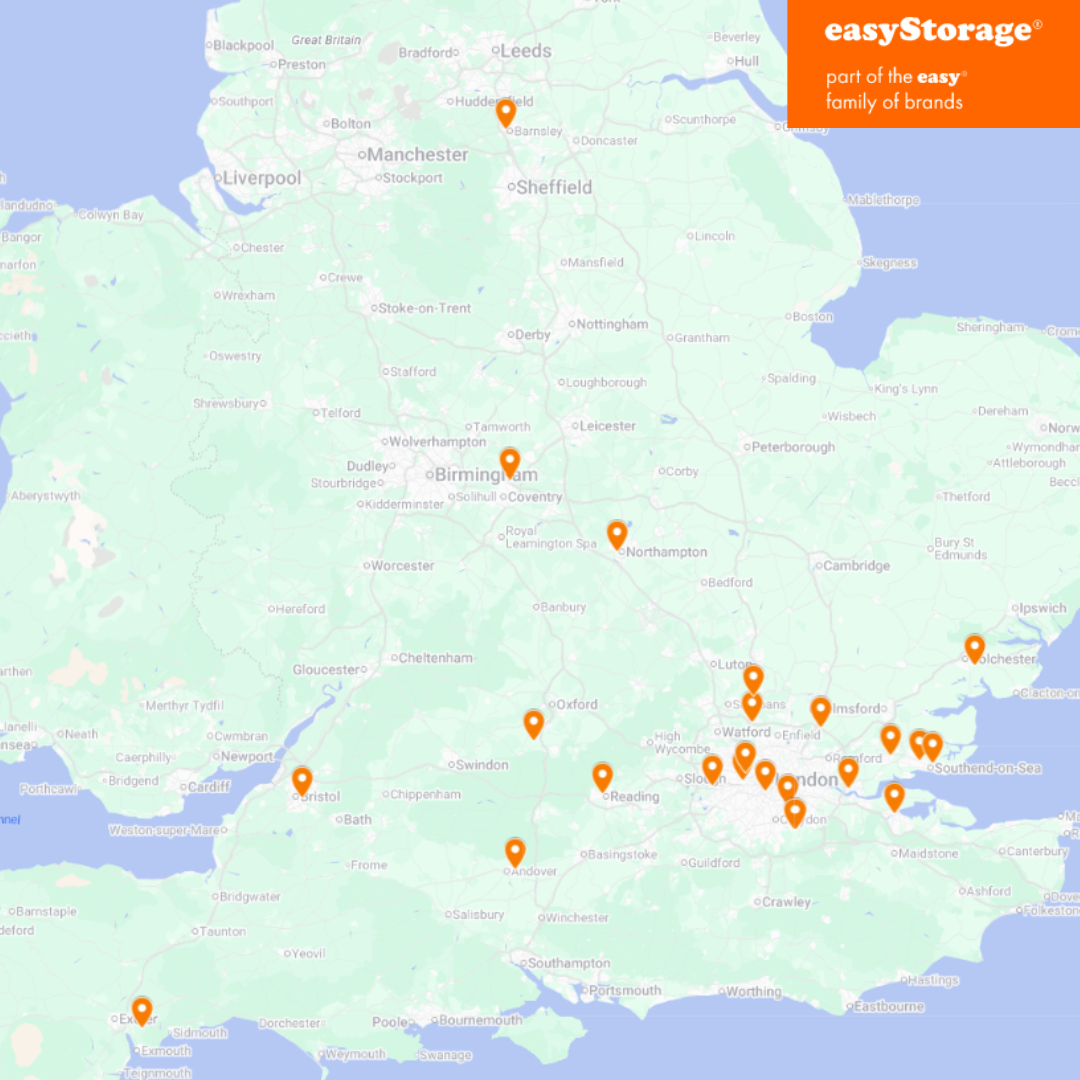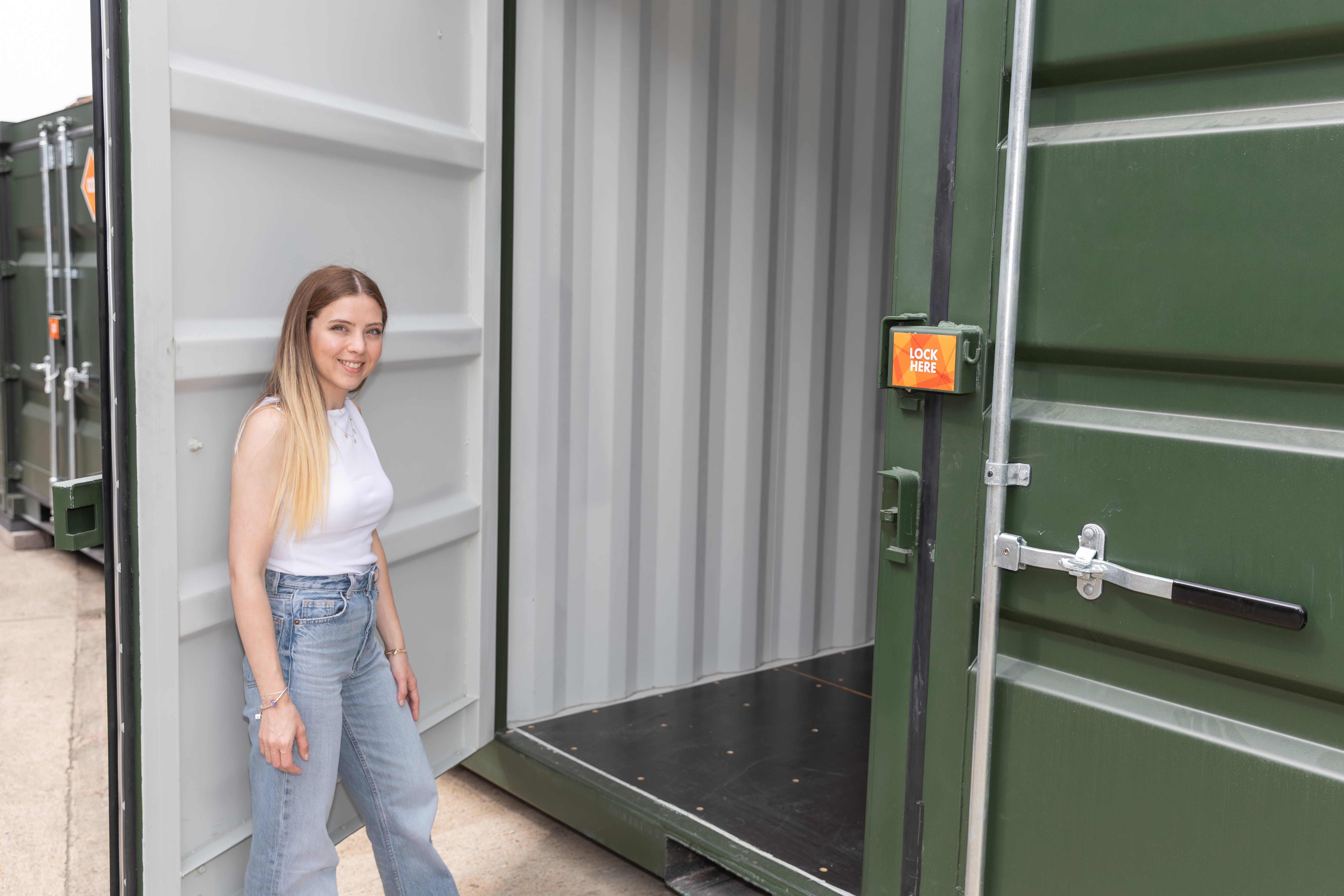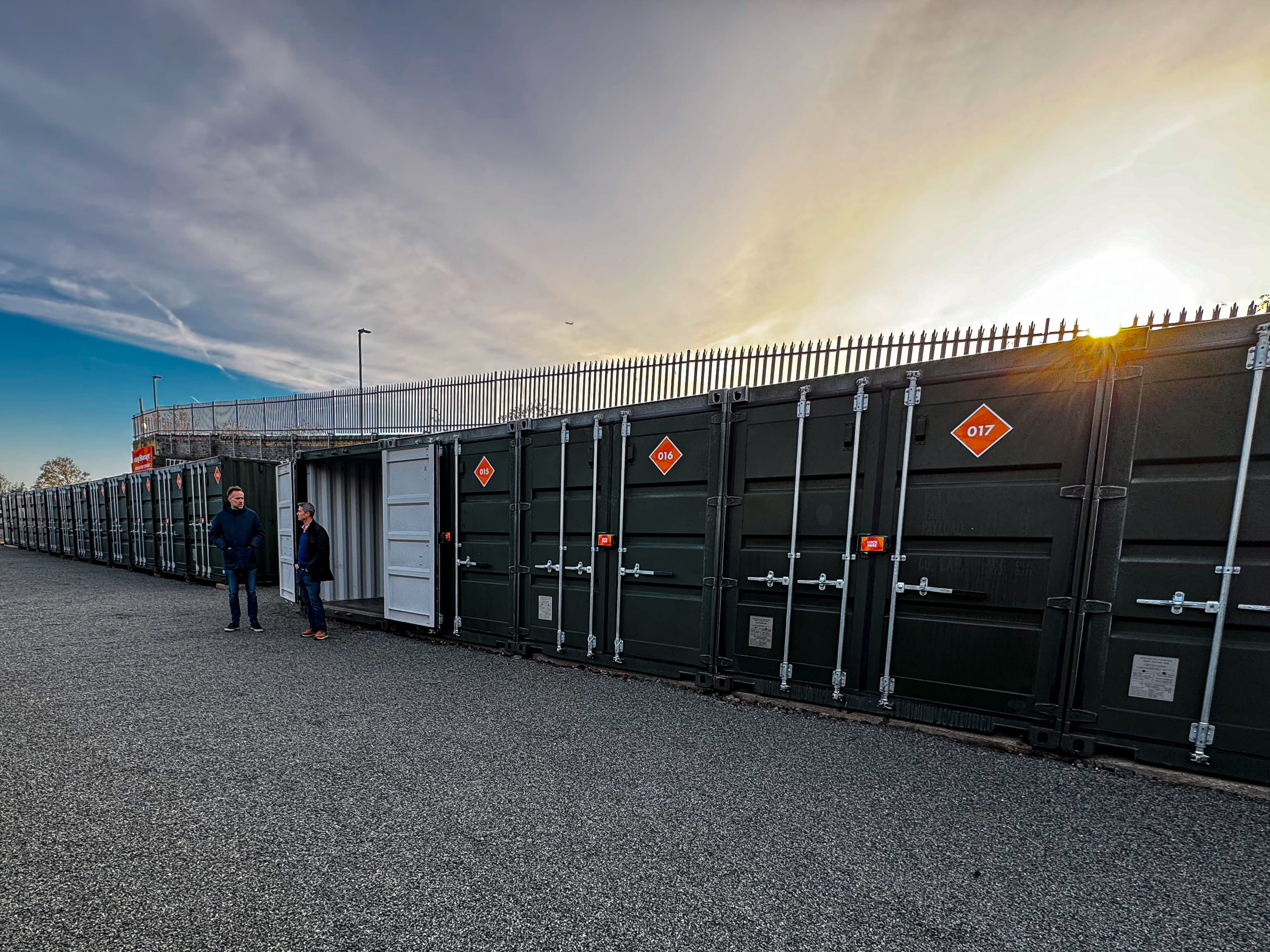How To Ensure You Get Your Security Deposit Back Easily
Joe from the easyStorage Storage Solutions team moves once a year. He recently offered some great advice on ‘What To Look For In Your New Rental’.
But what about at the other end of a rental, moving out: How do you ensure your deposit is returned? Funnily enough, the end starts at the beginning – when and before you move in.
Understand Your Lease
Examine your lease both when you move in and when you move out. It should outline terms and conditions for getting your security deposit back.
If you want to move out, you should give your landlord around 30 days notice, but check your lease.
If you are ending the tenancy early, you may be expected to pay to the end of the lease or pay a forfeit of some kind. And if you break any rules of your lease—the landlord may try keeping your deposit.

Deposits
Your tenancy deposit will usually be around a months' rent. It’s illegal in England for your landlord to demand a deposit of more than five weeks’ rent (six weeks’ rent if your annual rent is more than £50,000).
However, sometimes there are also agency fees to pay – it’s important to understand what you are paying for before handing over money, especially if an estate agent has found you the property.
With the deposit, the agency fee and a month’s rent up front (sometimes a month and a half), you can be looking at providing a hefty sum. The deposit part won’t be returned until well after you move out, so don’t rely on it as a deposit on a new place.
In England, if you have an ‘assured shorthold tenancy’ (most are), your deposit MUST be 'protected' in a tenancy deposit scheme (TDP) until you move out. This government backed scheme holds your money, keeping it safe to ensure you get back what you're owed at the end of your tenancy. This rule applies even if someone else paid it for you (for example a partner, your parents or a friend).
Your deposit doesn't have the same protection if you're a lodger or in student halls, if you rent privately or if you have an assured or protected tenancy. In these instances it’s doubly important to read the tenancy agreement beforehand and know what will happen with any deposits paid.
(See Citizens Advice Bureau (CAB) information)
Similar schemes and rules apply in Scotland. Mygov.Scotland explains these clearly: https://www.mygov.scot/tenancy-deposits-tenants
In Northern Ireland, again, similar rules apply, but the agencies holding the deposit will be different: https://www.nidirect.gov.uk/articles/tenancy-deposit-scheme-information-tenants
In Wales, landlords may only demand a deposit of up to a week: https://www.rentsmart.gov.wales/Uploads/Downloads/00/00/01/47/DownloadFileEN_FILE/A-Guide-To-Holding-Deposits.pdf
Your landlord is unlikely to return your security deposit on the same day as you move out, especially if there are to be deductions.
Most tenancy deposit schemes are efficient at returning things as soon as any deductions are agreed. If you have kept communications open, this is more likely to be quick, but landlords will want to cover themselves, especially if tenants have only been in for a short time.
Good Communication
Try to maintain good communication with your landlord, or their agent – clear, concise and professional.
· Ask before acting: if you want to change anything at all, ask the landlord first.
· Check in regularly by phone or email – even if it’s just to check your rent was received OK. That way you can discuss any little things as you go along and the landlord sees you as a person rather than as an investment.
· Make sure you understand the role of any appointed agent – they may be there just to collect rent, to pass on messages to the landlord or to fix problems as they arise, depending on what arrangements the landlord has with them.
· Keep a record of any fixes that you report and whether the landlord has fixed them.
· Be absolutely clear on what landlords expectations are: sometimes they can be a lot more or less than you think.
Never mistake friendliness for automatic deposit return. Never cut corners because you think your “landlord won’t mind” – make sure neither of you is making assumptions and keep things professional and explicit, even with family friends or relatives. In fact, this applies more with people you know as the last thing you want are family feuds and fall outs.
Take Photos & Videos Before and After The Tenancy
When moving in and out, take clear photos and videos of every room, ideally with a date stamp. Include any storage spaces like cupboards, and outside areas like balconies. This will confirm the condition of your apartment when you move in and out, and can help protect your deposit from landlord claims of damage.
Many agents have systems for recording these things, but they often miss bit, so ensure that you have photos of any damage at time of moving in, and that they are shared to prevent any misunderstandings later.
It can be surprising how a battered old piece of furniture can suddenly become a priceless family heirloom when it comes to paying back deposits. Get in writing, from the start, details of any particularly valuable pieces of furniture, artworks etc.
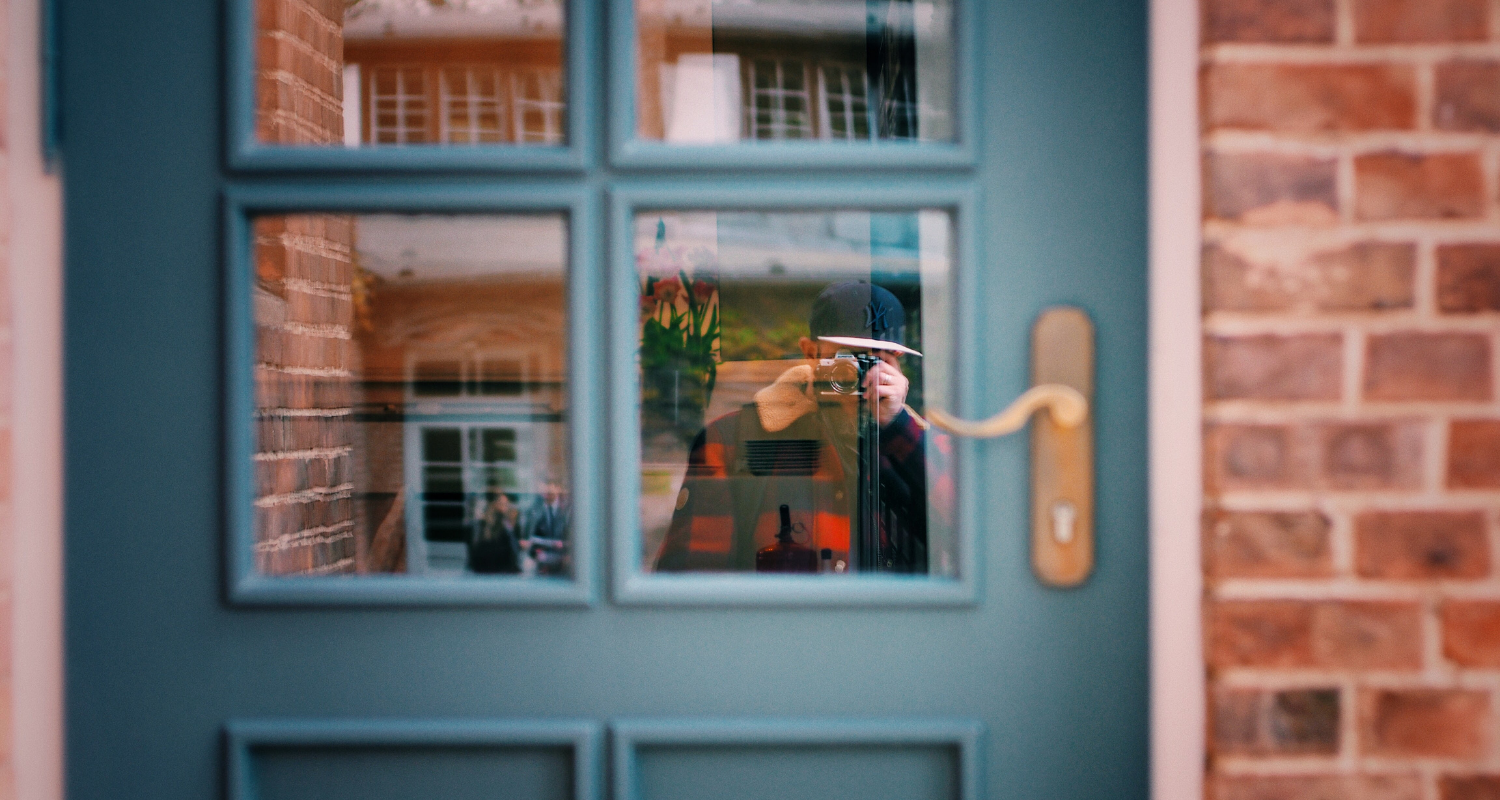
Meter Readings/Utilities
Take meter readings when you move in and out, ideally taking photographs. If you take them on a mobile phone, there is likely to be a time stamp.
You are liable for these bills, and should communicate the readings to the suppliers. Make sure you know how and who!
Important are utilities such as electric, gas, water and landline phones or wifi.
Ensure that you know from the outset how much notice everyone needs.If you are moving before the end of a contract, you may still be liable to pay until the end of a minimum period
Legally your driving licence must have your current address on it, so let the DVLA know as soon as possible (They maintain the registration and licensing of ALL drivers across Great Britain.)
Repair Any Damage
Avoiding damage altogether is the best way to get your deposit back, but accidents happen - make sure things have been repaired before you move out. Your landlord or their agent should take care of routine maintenance work like leaks, subsidence, roof repairs. Make sure the landlord knows of any problems to prevent them getting worse.
You will need to patch any holes in walls or repaint to get things back to the way they were before you moved in. For anything structural, like putting up curtain rails, shelves or picture hooks, get your landlord’s written consent first and if they say that things must be made good before leaving, that’s what you’ll need to do.
If you have a good relationship, however, such things may well add value to the property, so it pays to keep written confirmations of any agreements along the way. (We realise this is repeated, but it’s vital when it comes to getting back your full deposit with no deductions.)
The security deposit is held to cover damages or losses. Only a deposit taken to cover last month’s rent can be used for that person. If you didn’t pay an amount designated for the last month’s rent, but want to use part of the deposit to cover it, you’ll need to the landlord’s permission/agreement.
‘Normal wear and tear’ is any deterioration that could be reasonably predicted as part of normal day-to-day living activities such as:
· Chipped or faded paint
· Mildly scuffed walls and floors
· Discoloured grout of grout
· Dirt (not stains) on carpets
This should not be taken from your deposit.
Damage is something “that diminishes the rental property’s value or usefulness” such as deliberately broken appliances, broken tiles, pet damage, damaged doors or locks, cigarette burns, fire damage or broken furniture that’s been broken through your own actions or carelessness.
Storing the Landlord’s Belongings
If there are things you don’t like or want in your space when moving in, speak to the landlord. They may well have other properties or storage spaces to keep them. If, however, it falls to you to store things, make sure they are well packed and protected and kept somewhere dry, safe and secure.
(You can get a quote for storage on the easyStorage website, day or night, and at around half the price of traditional self storage, you may be pleasantly surprised.)
Make sure you have everything back in place prior to checking out, unless the landlord has removed things.
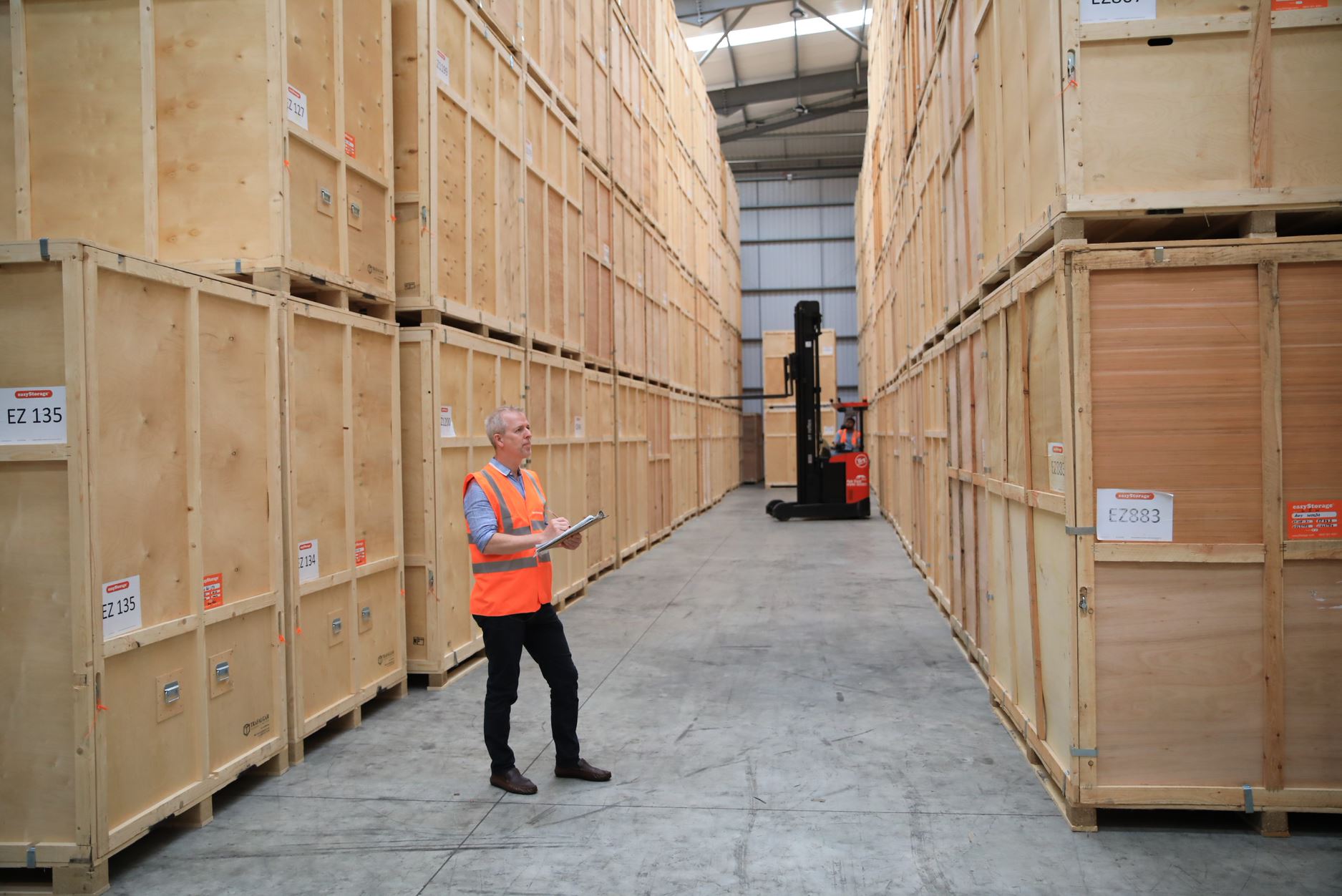
Cleaning
Do a deep clean of your apartment home before moving out, once the place is cleared of your belongings. Many landlords bring in professional cleaners before your tenancy starts, and may demand that you do the same upon leaving. (See above: read and understand your tenancy agreement/lease!)
You may have to pay for the landlord to bring in a professional cleaner before you’ll get your security deposit back - arranging this well in advance will both protect your deposit and save delays on its return.
If you have paid for cleaning, provide a copy of the receipt for the cleaning – the cleaner will be responsible for coming back to fix anything they’ve missed or damage caused, not you.
The Final Walkthroughs
Go through the property to check you are leaving it as you found it.
If you’ve kept a good rapport, your landlord or their agent may be prepared to run a pre-final inspection with you as well.
This is where those photos will be invaluable, as if they suggest you have created damage that they missed on their original report, you can politely point out that the damage is not down to you.
Returning Keys
When you move out, make arrangements to return your keys.
If you fail to return them, you may be charged for replacement locks and keys.
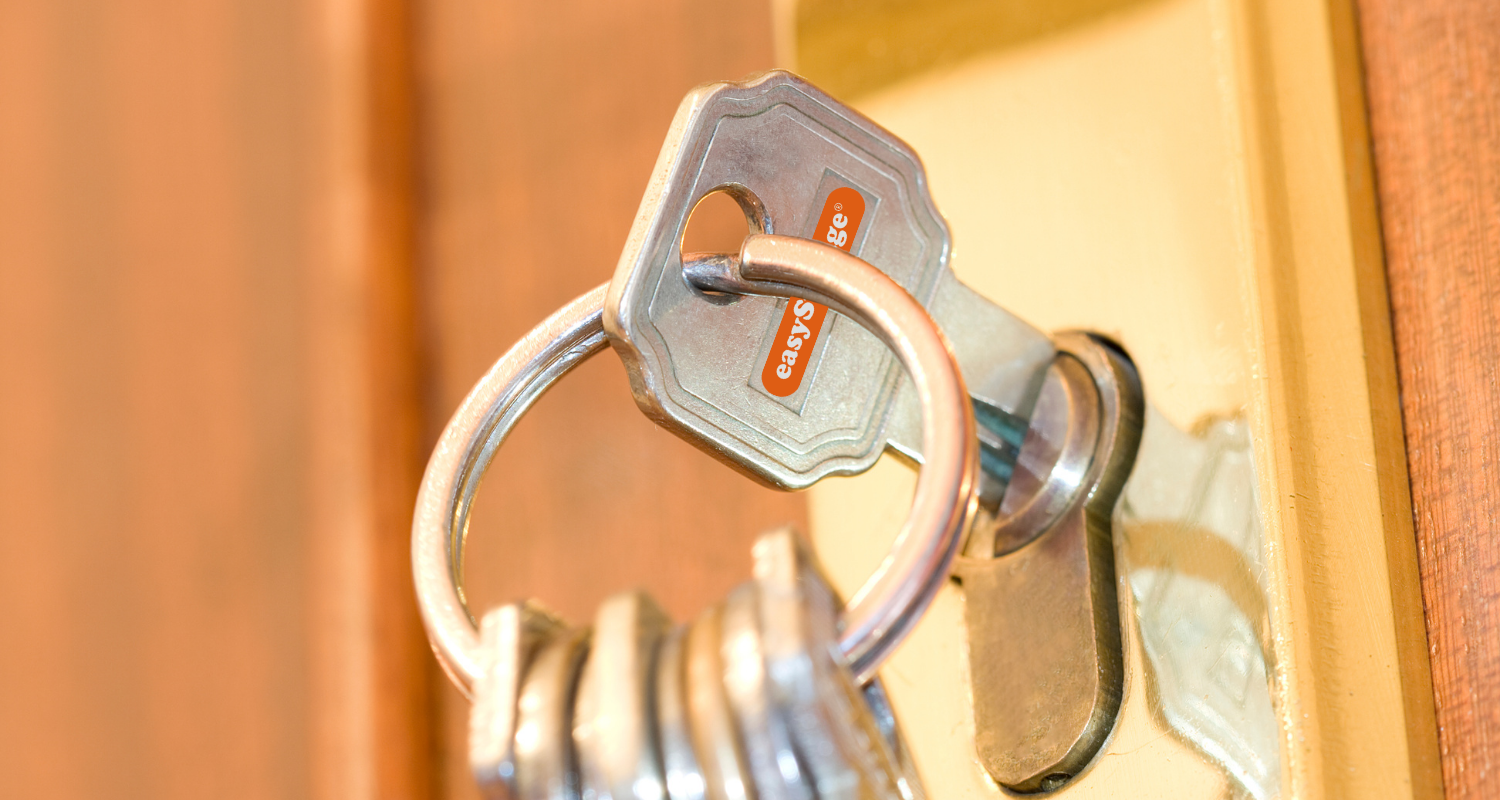
Forwarding Address
Leave a forwarding address for any mail.
The Post Office offers a mail forwarding service, but you will need a forwarding address. Make sure this is in place well before moving out.
They are under no obligation to do it, but try leaving stamped addressed envelopes for new tenants to forward any mail that slips through.
Withheld deposits
The TDS schemes are pretty good at taking into account both your point of view and the landlord’s. But if you feel your landlord is wrongfully withholding your deposit or you’re suspicious about deductions, the first step is always to try and talk with them to reach a resolution.
The Citizens Advice Bureau is a good place to get help and understand your rights, as well as the landlord’s.
Then, when it is time to move out, make sure to do your best to return the rental unit to its original state and schedule a final walk-through with your landlord.
If you are ending your rental, you probably have a hefty move ahead of you so easyStorage is here to help with storage. If you need packing boxes or materials then easyStorageBoxes is what you need.
This article has been written in the spirit of helpfulness. Bear in mind that laws change. Whilst every effort has been made to ensure its accuracy, it should not be seen as a replacement for taking proper legal advice.
.png)

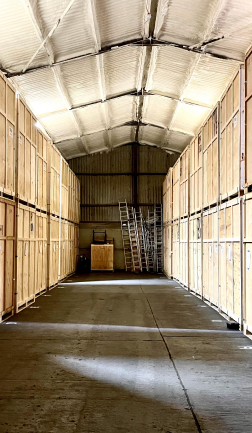
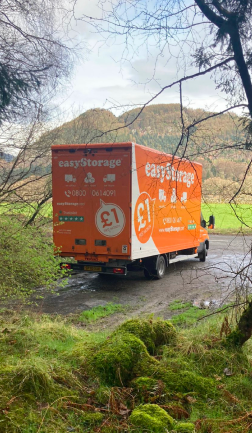
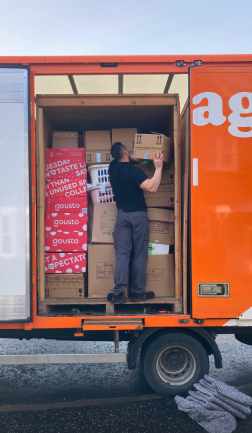
.png)

.png)
